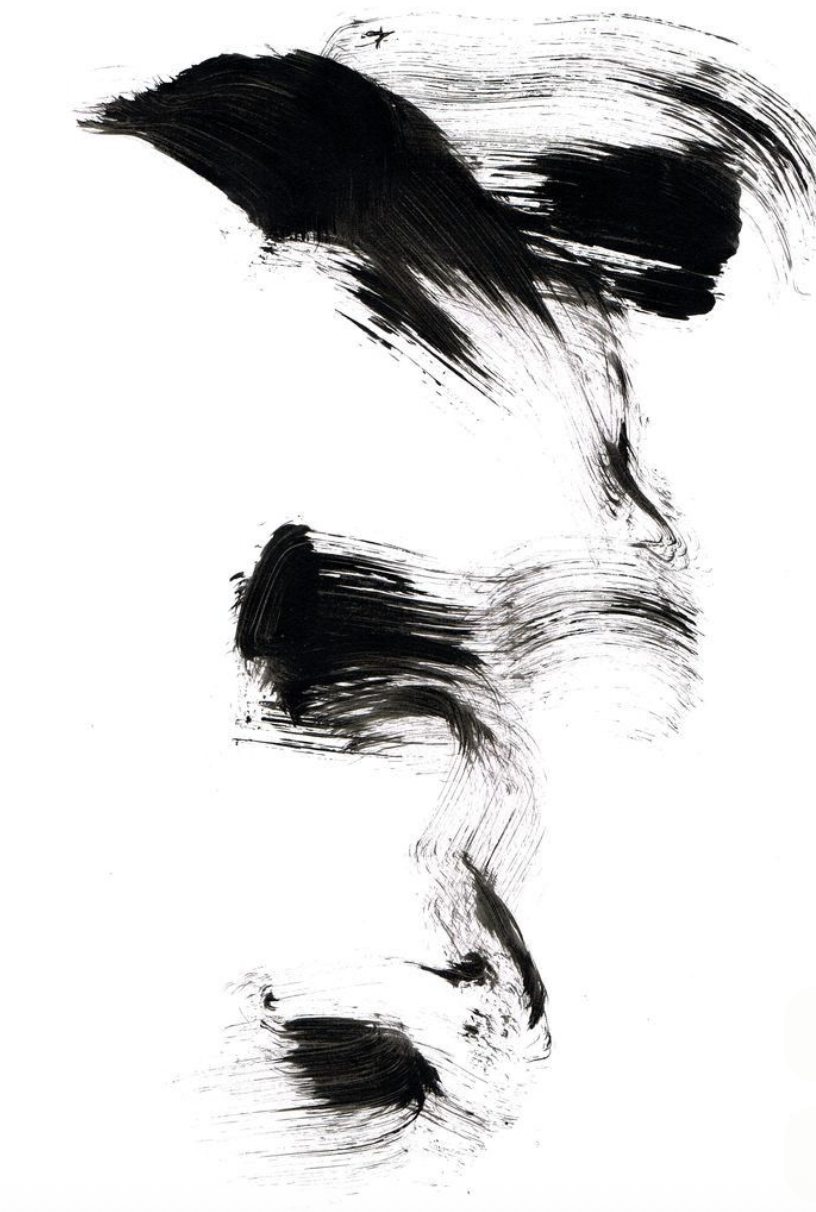Lawsuit-Era Guitars: The Truth, History, and Why They Matter Today
You’ve probably seen the term “lawsuit-era guitar” floating around the vintage gear world—especially when it comes to Japanese-made guitars from the 1970s. But how much of that label is actually true?
Let’s set the record straight.
What Really Happened?
In the late 1960s and ’70s, Japanese manufacturers like Ibanez, Greco, and Takamine began producing incredibly accurate replicas of American guitars—Les Pauls, Strats, SGs, and more. These guitars were high-quality, well-crafted, and often much more affordable than their U.S. counterparts.
So the story goes: American companies sued Japanese brands for copying their designs.
But here’s the truth: There was only one actual lawsuit—in 1977, when Gibson’s parent company sued the U.S. distributor of Ibanez over their headstock shape. That’s it. No mass crackdown. No widespread legal war. Just one case. Ibanez settled, changed the design, and moved on.
So Why Does It Matter?
While the term “lawsuit guitar” is catchy, it’s also misleading. What really matters is that this was a golden era of Japanese guitar-making. These instruments weren’t just knock-offs—they were bold, playable, and built with care. Many even rivaled or exceeded their American originals in craftsmanship and tone.
This era marked the beginning of Japan’s rise in guitar innovation. Brands soon shifted from copies to creating their own iconic designs—like the Ibanez Iceman or Takamine’s unique acoustics.
A Feminine Perspective on a Male-Dominated Scene
At a time when guitar culture was still heavily male-dominated, these Japanese models offered something powerful: quality and accessibility.
They allowed more women—especially younger or first-time players—to get their hands on well-built instruments without breaking the bank. Lighter in weight, often more comfortable to play, and full of vintage charm, they were (and still are) the perfect choice for players looking to express themselves beyond the mainstream.
Why We Still Love Them
Whether you call them "lawsuit-era" or just “vintage Japanese guitars,” these instruments represent something more than a legal myth. They’re about craftsmanship, creativity, and inclusivity. They gave players—regardless of gender—tools to explore music on their own terms.
And that’s exactly why we showcase them here.
Explore our collection of Japanese guitars and join a new generation of women rewriting the vintage guitar story.
It’s not about lawsuits. It’s about legacy.
https://flypaper.soundfly.com/discover/truth-lawsuit-era-guitars/


